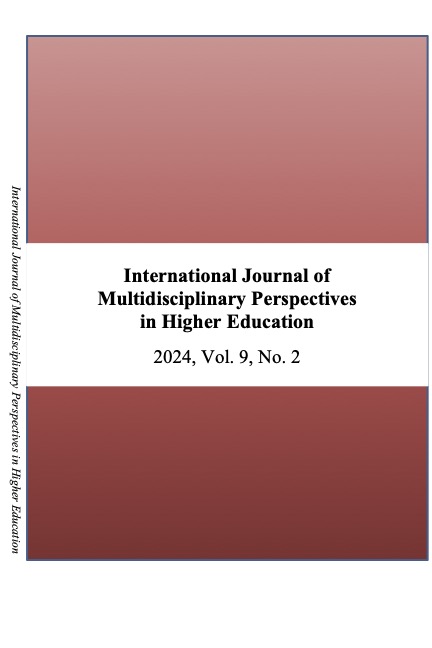Acceptability, Feasibility, and Effectiveness of an Artificial Intelligence Chatbot in an Asynchronous Epidemiology Course
DOI:
https://doi.org/10.32674/2jhbvw29Keywords:
Chatbot-Mediated Learning, Public Health, Distance Learning, Asynchronous, Artificial IntelligenceAbstract
This study assessed the implementation of a virtual assistant chatbot, Epibot, in an online epidemiology course using the RE-AIM framework. Created with Amazon Web Services, Epibot, was piloted by 29 public health undergraduate students. Its use and accuracy were monitored via AWS, and an electronic questionnaire An electronic questionnaire, based on the Technology Acceptance Model, was used to evaluate participant perceptions of usefulness, ease of use, attitudes, intentions, self-efficacy, and preferences. The Program Sustainability Assessment Tool guided evaluation of strengths and threats to implementation maintenance. A total of 1607 requests (89.5% epidemiology content; 10.5% course administration) were submitted during the semester. EpiBot answered 93.7% of user queries accurately. Participants perceived EpiBot positively, indicating the chatbot was useful and easy to use, while experiencing limited barriers to use or technical difficulties. Participants reported a beneficial effect on their course grade (65.5%) and identified EpiBot as their primary source of information (55.2%). Key implementation and maintenance challenges included development, implementation, and non-developer training time; platform limitations; and continued operational costs. Strengths supporting sustainability included capacity for adaptation (expedient modification and scalability), identification of query trends, supportive climate, and interdisciplinary collaboration.






